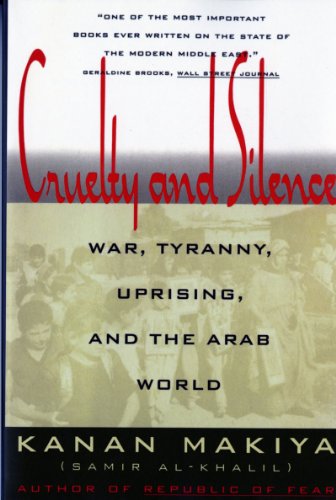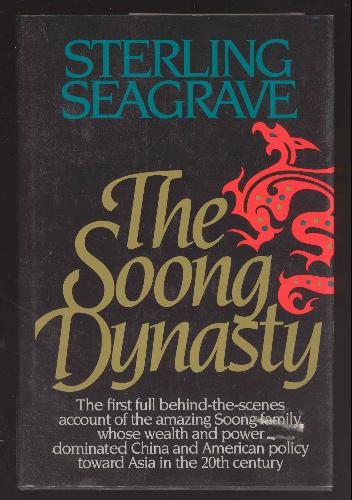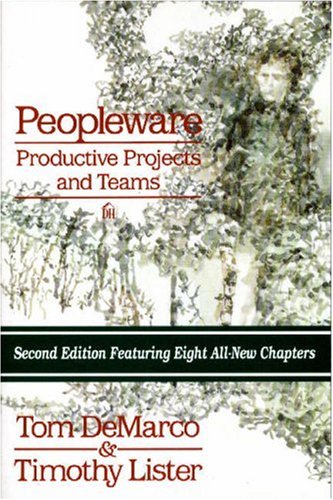Whilst I was Kaimakâm of the district of Kiakhta, in the Vilayet of Kharpout, I was acquainted with an Armenian Notable of that place, named Barsoum Agha. He was a worthy and courageous man, dealing well with Kurds, Turks, and Armenians, without distinction; he also showed much kindness to officials who were dismissed from their posts in the district. All the Kurdish Aghas thereabouts kept close watch over him, hating him because he was their rival in the supremacy of the place. When, after my banishment, I arrived at Sivrek and heard what had befallen the Armenians, I enquired about him and his family. I was told that when the Government disposed of the Armenians of Kiakhta he was summoned and ordered to produce the records of moneys owing to him (Kurds and Armenians in that district owed him a sum of 10,000 liras); he replied that he had torn up the records and released his debtors from their obligations. He was taken away with the other Armenians, and on arrival at the Euphrates he asked permission to drown himself. This was granted, and he endeavoured to do so, but failed, as he could not master himself. So he said to the gendarmes, “Life is dear and I cannot kill myself, so do as you have been ordered,” whereupon one of them shot him and then killed the rest of the family.
- Fa’iz El-Ghusein, Martyred Armenia (1917)


